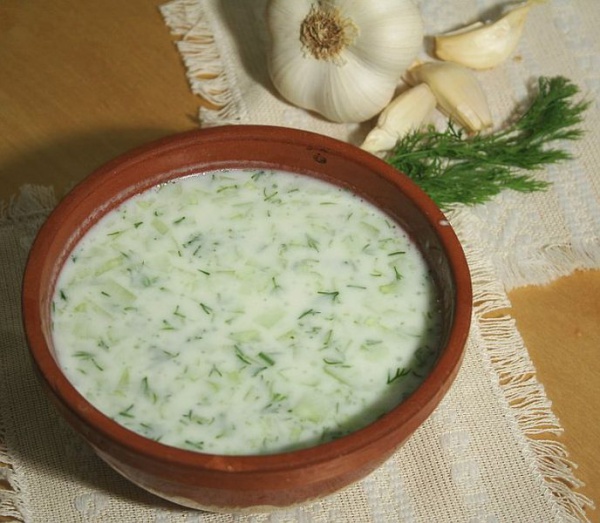Facts About Bulgarian cuisine
Bulgarian cuisine is a delightful fusion of Mediterranean flavors and Southeast European traditions, enriched by influences from neighboring Balkan countries. The rich variety of vegetables, herbs, and fruits available in Bulgaria shapes its diverse culinary landscape. Key elements of Bulgarian cuisine include fresh salads, dairy products, local wines, and traditional alcoholic beverages like rakia.
Typical Bulgarian meals often feature soups, pastries, and hearty main courses. Water-based stews with various meats are particularly common. Yogurt holds a special place in Bulgarian cuisine, with the country being famous for its unique Lactobacillus bulgaricus, a key ingredient in their yogurt.
The culinary traditions of the Middle East and India have also left their mark on Bulgarian cuisine, introducing popular dishes like moussaka, gyuvech, kyufte, and baklava. Traditional foods in Bulgaria span a wide range, from breakfast items and cold cuts to soups, salads, sauces, grilled dishes, main courses, breads, pastries, dairy products, sweets, and spices.
Turkish influence is evident too, with dishes such as ayran, baklava, gyuvech, and moussaka tracing their origins back to the Ottoman era. Bulgarian holidays come with their own special meals. For instance, Christmas Eve features vegetarian stuffed peppers and cabbage leaf sarmi, while Gergyovden is celebrated with roast lamb.
Dairy products like sirene and kashkaval are staples in the Bulgarian diet, alongside sweet treats like baklava. Spices and herbs such as summer savory and spearmint, along with essentials like yogurt and honey, are integral to the flavors of Bulgarian cuisine.

 Turkey
Turkey